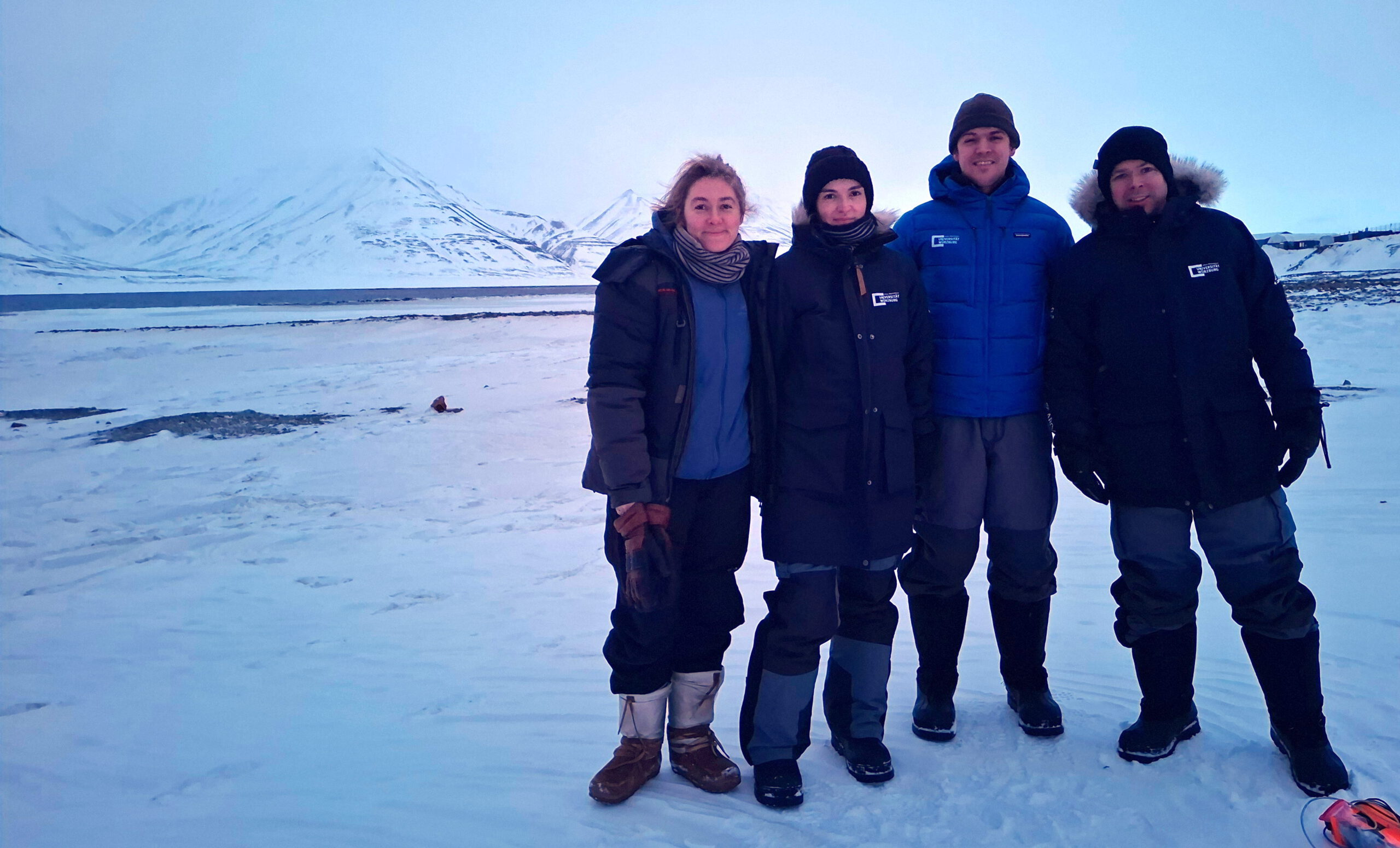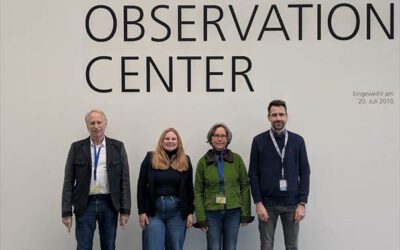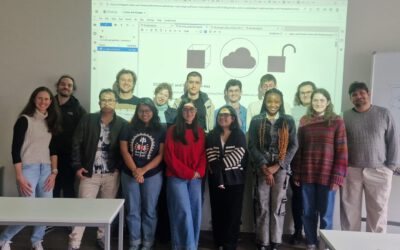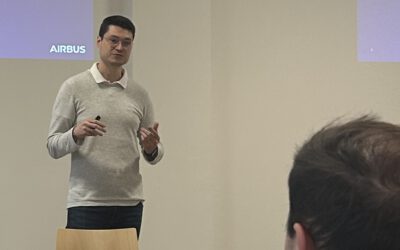The Arctic region, with its unique ecosystems and rapidly changing climate, presents a wealth of opportunities for interdisciplinary research. Our colleague Prof. Marco Schmidt from the informatics department joined us in our recent field campaign. His research focuses on developing autonomous systems or robots that can operate in harsh conditions. These systems are and will be equipped with advanced sensors and algorithms that allow them to gather data on snow and ice conditions autonomously. This technology not only enhances the efficiency of data collection but also minimizes the ecological footprint of research activities in the region.
The combination of autonomous system, our UAS/Earth Observation research by Dr. Mirjana Bevanda and Jakob Schwalb-Willmann, and ecological analysis by Prof. Larissa Beumer (UNIS) creates a powerful synergy. By integrating these diverse methodologies, we could gain deeper insights into the effects of climate change on the Arctic landscape. This holistic approach not only enhances our understanding of ecological dynamics but also informs conservation efforts aimed at protecting these vital ecosystems.
In conclusion, the interdisciplinary collaboration among informatics, ecology, and Earth observation in Arctic research holds significant promise. By harnessing the strengths of each discipline, we can jointly can develop innovative solutions to monitor and analyze the changing Arctic environment.









